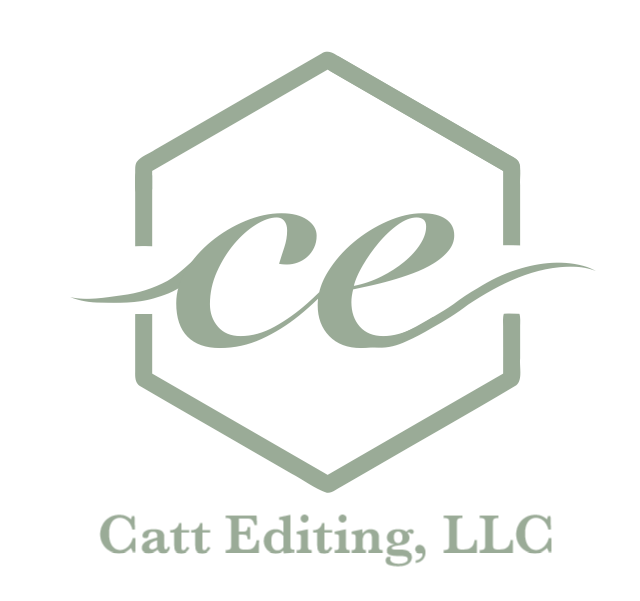Qualifications that Can Make You a Better Writer
This guest post was written by Lacey Callan.
The process of becoming a better writer can take a long time, and learning is essential to the journey. As shared by several English degree graduates, there is often no immediate vocational payoff with these programs. Rather, you get the foundation you need to continue practicing the craft before seeing success. Several writers have mentioned pursuing further studies or work experiences that allowed them to resonate with current literature and think critically for their next narrative. If you’re interested in becoming a better writer, here are some qualifications you should consider undergoing:
A Writing Degree
People often turn to formal education to learn and hone their writing skills. When it comes to getting a degree, you need to consider your prospective career choice as part of your decision. Some choose to get an English degree to study a variety of literature or practice their communication and editing skills. However, this choice may be too general and you may want to opt for other courses like Creative Writing, Journalism, or Theater and Film to fit a more niche work environment. These degrees offer classes catering to their field of focus, giving you a greater perspective on how to write for future specialized work opportunities.
Work Experience
I believe you can best grow your skill set and expand your knowledge through hands-on experience in a professional writing job. Moreover, pursuing a career as a writer allows for a lot of career growth, with the number of opportunities expected to grow by 8% in the next decade. Aside from being a writer, some other positions include research analysts, educators, and advertising and marketing managers. For instance, if you’re interested in a specific topic like psychology, you can opt to take on a content job with a mental health organization to help you grow connections within that sphere. On the other hand, you can also try freelancing opportunities online. Many industries often require skilled writers, so dabbling in different writing tasks can let you gain a better understanding of what exactly you enjoy writing about.
Additional Training
In this digital age, there are plenty of options for additional instruction. Several online training classes that have risen in popularity are massive open online courses (MOOCs), which include big names such as Coursera and edX. These provide filmed lectures, readings, and writing exercises that users may use for learning. As shared in a systematic review of MOOCs, humanities subjects like writing often offer peer review and peer feedback systems with the use of rubrics for essay-type assessments. These help students identify the stages of outcome progress, giving insight for self-reflection and self-critique that improves overall writing.
Similarly, you can also gain feedback from a professional editor. Sometimes it can be difficult to review your own mistakes, so hiring a qualified writer can help you adjust how your sentences are organized and structured. Catt Editing provides three types of editing: developmental, line, and copy editing, as well as proofreading. Each of these aims to smooth out writing technique and enhance clarity and word choice while still keeping the author’s original voice. This way, you can still practice your writing and get good notes to apply to your future writing.
Through formal education and hands-on experience, you can become a better writer. Often, rather than the skill, a writer’s greatest struggle is knowing what they should write about. Check out this post on overcoming writer’s block to learn strategies to help. Even if your writing doesn’t turn out well at first, it's enough to find something worth putting into words.
Lacey Callan is a freelance writer and editor. She enjoys writing about a variety of topics, especially self-help and education. When not working on her next article, she spends time with her husband and daughter, occasionally creating bath soaps as a hobby.
